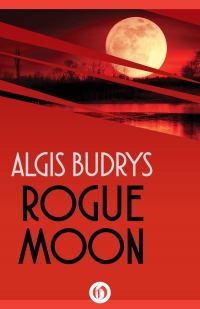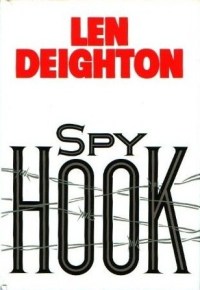Prey by Michael Crichton
 Wednesday, November 24, 2010 at 1:26PM
Wednesday, November 24, 2010 at 1:26PM 
Published by HarperCollins on November 25, 2002
People are taken over by nanobots. Then it's up to the hero to outwit the nanobots (which shouldn't be difficult since they blow away in a stiff breeze). And that's about it, folks.
The plot of Prey is recycled from the endless "people are taken over by aliens" stories that have been around forever -- a plot device that Robert Heinlein used more effectively a half century before Crichton adopted it. The characters are stock: Crichton doesn't bring them alive, and if they were alive, you wouldn't want to know them because they're so dull. A couple of action scenes -- characters battling swarms of nanobots -- are lively, but the rest of the prose is flat. Crichton had some interesting ideas about nanobots but lacked the originality to do sufficiently interesting things with them to make the story worthwhile. The novel might be okay -- just okay -- as a fast beach read, but there are better options.
NOT RECOMMENDED



